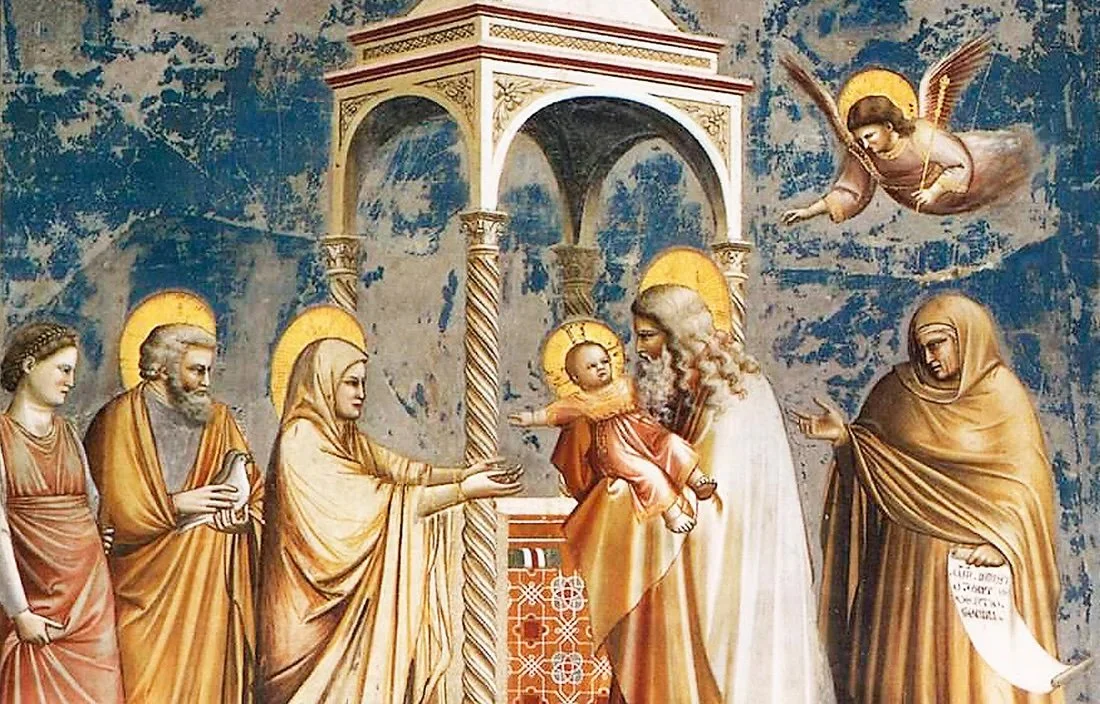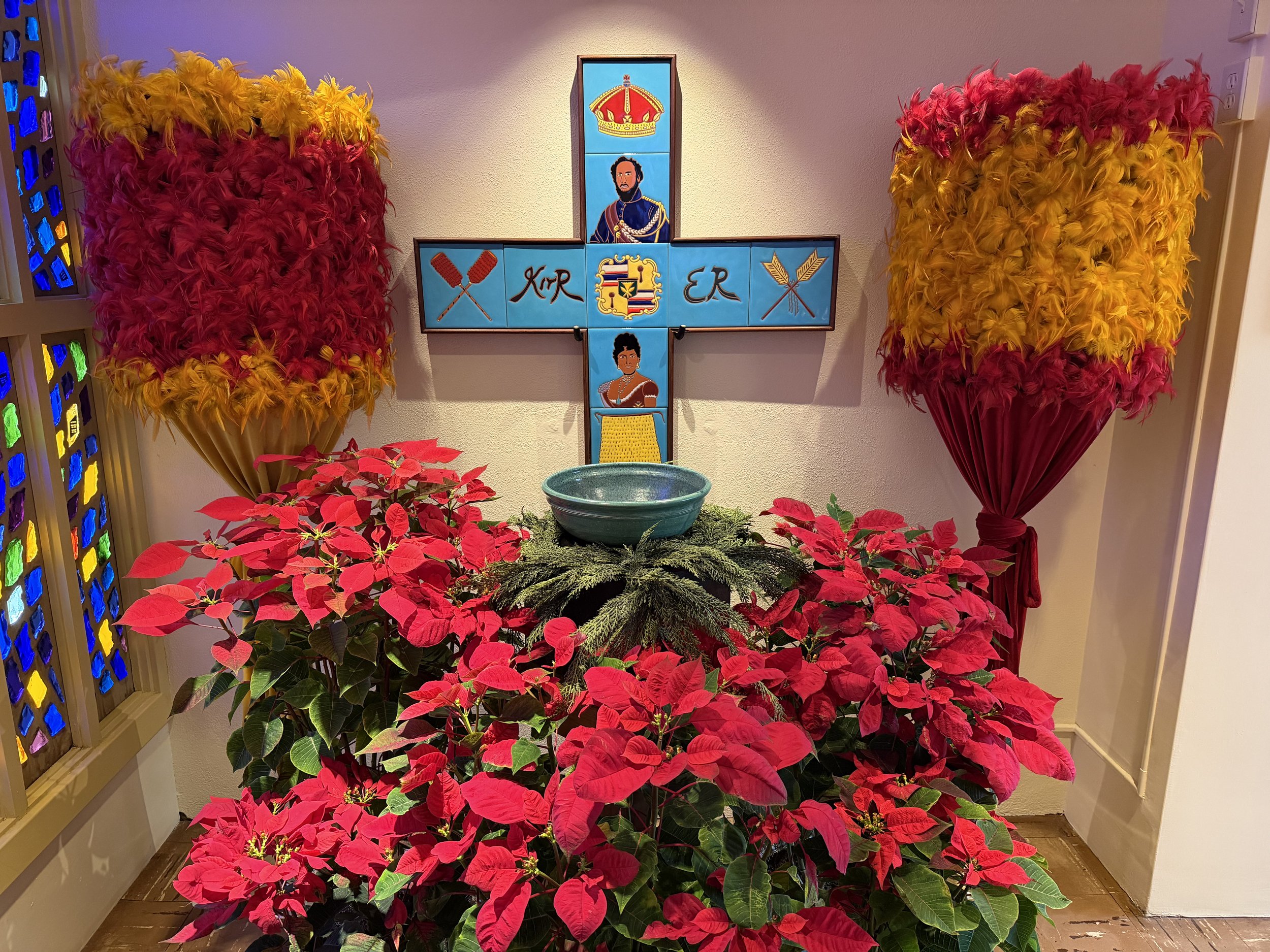From the Rector: Honesty and Doubt
/Many thanks to everyone who participated in our parish potluck last Sunday after high mass. As is always the case, the spread of food was abundant. I am also grateful for the conversations that took place. The potluck was a rector's forum, and our topic was "why nobody wants to go to church anymore." *
One of the points which we discussed was that non-church people do not distinguish between denominations or forms of Christianity. Practically speaking this means that when the Roman Catholic Church is in the media for the sex abuse and pedophilia scandals, all churches suffer. When some churches discriminate and proclaim hatred against gays and lesbians, or when they bar women from ordination, all churches suffer from the subsequent baggage. For those who do not have a church home, and for those who know very little about the Christian faith, they see all Christians as being the same. This is a great challenge for us as Episcopalians if we wish to proclaim our message of God's unconditional love and generous inclusion. How do we show that we do not desire to be modern-day pharisees? Can the church be known as the most non-judgmental place in society?
We also discussed the need for honesty in dialogue and conversation, as well as honesty in our struggle to live out our faith. Many Christians speak with an air of authority and conviction that can be perceived as self-righteousness. It is common for churches to simply tell their people what they are to believe, and as a result, the legitimate questions and doubts of the faithful are ignored. Now it is true that certain church teachings are to be advocated, but we also have to be honest that none of us have all of the answers - a result of the mysteries of our faith. Likewise, none of us are the perfect practitioners of our faith. We have to be honest that we are hypocrites on a certain level. We proclaim a faith that we have trouble enacting in our daily lives. None of us can ignore the reality that we have doubts and questions about our faith, and that we have trouble living into our faith. So why do Christians often try to pretend that they have all the answers? When we think about Jesus' teaching ministry, especially with the parables, we see a God who likes dialogue and questions. We are to grapple with the questions of the faith, and our questions are welcomed and encouraged.
Our Anglican tradition is a great strength in our modern society. When we consider the inclusion of gays and lesbians, as well as the ordination of women, we are well-positioned to be a welcomed alternative to many denominations. We also have a wonderful tradition of being inquisitive with the faith. We do not like to suppress the mysteries of salvation by advocating simple answers for life's difficult questions. We have a tradition that has viewed prayer and worship as our greatest theological tome. We worship God, and out of that encounter, we come to know God more fully. (We do not read about him first, and then subsequently worship him.) Perhaps more than anything else, as Episcopalians we do not need to pretend that we have all the answers. Instead we can place all our energy on loving God and loving our neighbor. This is the most important answer any of us can practice.
Father Paul Lillie+
*This topic for the forum was based on the book Why Nobody Wants to go to Church Anymore by Thom and Joani Schulz.







